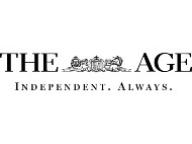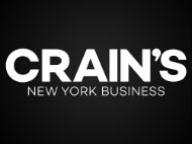Faculty News
—
Professor Thomas Philippon's book, "The Great Reversal," is spotlighted in a list of books from top economists
—

Excerpt from The New York Times -- "'Recent years have seen many good economists trying their hand at writing a popular book in an attempt to disseminate their ideas among a wider audience and influence opinion — with a remarkably large number attaining more than a modicum of success. The past 12 months have been particularly rich, with Thomas Philippon’s 'The Great Reversal: How America Gave Up on Free Markets,' Emmanuel Saez and Gabriel Zucman’s 'The Triumph of Injustice: How the Rich Dodge Taxes and How to Make Them Pay,' Abhijit Banerjee and Esther Duflo’s (winners of this year’s Nobel Prize) 'Good Economics for Hard Times,” and Thomas Piketty’s 1,100-page “Capital and Ideology.'”
Faculty News
—

Excerpt from The New York Times -- "'Recent years have seen many good economists trying their hand at writing a popular book in an attempt to disseminate their ideas among a wider audience and influence opinion — with a remarkably large number attaining more than a modicum of success. The past 12 months have been particularly rich, with Thomas Philippon’s 'The Great Reversal: How America Gave Up on Free Markets,' Emmanuel Saez and Gabriel Zucman’s 'The Triumph of Injustice: How the Rich Dodge Taxes and How to Make Them Pay,' Abhijit Banerjee and Esther Duflo’s (winners of this year’s Nobel Prize) 'Good Economics for Hard Times,” and Thomas Piketty’s 1,100-page “Capital and Ideology.'”
























